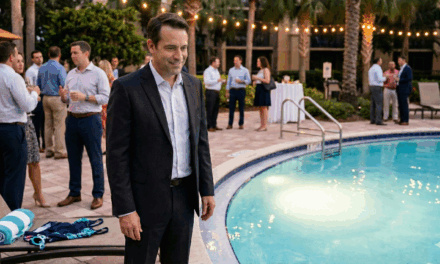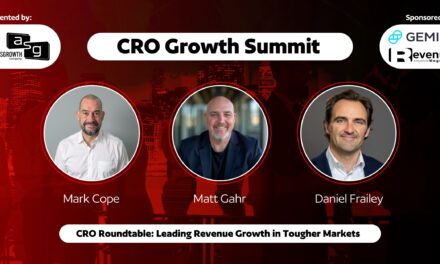
To Build a Stable Sales Organization, a Balanced Approach to Short-Term Celebration is Best

“You’re riding high in April, shot down in May, but I know I’m gonna change that tune
when I’m back on top, back on top in June” – Lyrics from “That’s Life”, popularized by Frank Sinatra.
Even for the most accomplished representatives, a sales career can be an emotional rollercoaster filled with exhilarating highs and emotionally taxing lows. Given the high costs associated with recruiting, onboarding, and retaining salespeople, it’s in employers’ best interest to maintain a stable organization with attrition limited primarily to reps that lack the skill and motivation to succeed. The manner in which sales leaders recognize individuals’ strong performance and address shortfalls is critical to minimizing turnover and building consistent individual and team results.
Even the Most Talented and Driven Players Have Slumps
Particularly for publicly traded companies, meeting intra-year targets can have a significant impact on a company’s valuation and its ability to attract capital. As overall company performance is tied directly to that of individual sales reps, it’s important to ensure that each rep is taking the necessary steps to meet both their near-term and full-year goals. At the same time, given the range of external factors that can influence results, it’s unlikely that even the strongest reps will meet quota every quarter over a substantial tenure at a company. Sales leaders thus need to acknowledge this reality and take steps to mitigate risk and properly encourage sustained effort and a culture of continuous improvement.
The Pitfalls of Overpraising Short-Term Success
Over-the-top celebration of individual wins can cause reps to develop a sense of entitlement- and false sense of security. Beyond just the risk of causing a rep to rest on their laurels and “coast” in the immediate aftermath of a successful deal or string of deals, inflating one’s ego can lead a diminished desire to continue to refine one’s craft and a habit of blaming of others when their success is not replicated in the future. While many sales leaders assume that public praise of “winners” will motivate others to want to receive the same, when done improperly it can have the opposite effect.
There is a Right Way and a Wrong Way to Recognize Victories
Ringing bells on the sales floor for each new deal. Encouraging thunderous applause from peers. Handing out gift cards. Team happy hours that start too early and may be a little too happy. None of these things are necessarily negative in themselves, however it’s important to realize the potential positive and negative psychological impact on both the team members being celebrated and those whose performance is lagging.
Seeing peers recognized for their success can be a powerful motivator. At the same time, ignoring the efforts of those who worked hard but fell short-or worse, publicly condemning them-can lead to resentment and a decline in motivation amongst those who need encouragement the most. Therefore, when praising the “wins”, sales leaders should remind the collective organization that most of us have been on top, in the middle, and at the bottom over the course of our careers.
Turn Both Wins and Losses into Learning Opportunities
Instead of simply celebrating wins and pointing fingers at losses, conducting thorough win-loss analysis and sharing insights can have a significant impact on individual and team performance. Having a successful rep share the contributing factors of wins with the team can encourage a culture of collaboration. While it’s not easy for a rep to do publicly, being open about what led to a loss cannot only help others avoid a similar fate, it can also serve as a healthy reminder to others that they’ve all been there before. And maybe sneak some classic Sinatra into the playlist at your next team happy hour.

































